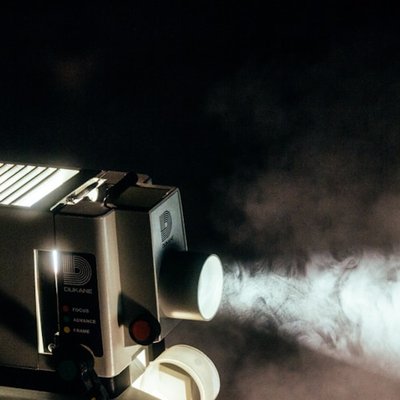- Examples
Con la angina, la falta de oxígeno es temporal. | With angina, the lack of oxygen is temporary. |
La presentación clínica dominante fue la angina típica (59%). | The dominant clinical presentation was the typical angina (59%). |
Usted puede sentir la angina en el cuello o la mandíbula. | You may feel angina in your neck or jaw. |
Los síntomas de la angina se pueden contornear como 1-7 - | The symptoms of angina may be outlined as 1-7– |
También se usa para prevenir la angina (dolor en el pecho). | It is also used to prevent angina (chest pain). |
Mejora la circulación coronaria, alivia la angina y la arteriosclerosis. | It improves coronary circulation, relieves angina and arteriosclerosis. |
También dilata las arterias coronarias, por lo tanto detiene la angina. | It also dilates the coronary arteries, so it stops angina. |
Los síntomas de la angina se pueden confundir con otras condiciones también. | Angina symptoms may be confused with other conditions as well. |
Viagra no debe tomarse con nitratos (medicamentos utilizados para tratar la angina). | Viagra should not be taken with nitrates (medicines used to treat angina). |
¿Qué medicamentos estoy tomando para tratar la angina? | What medicines am I taking to treat angina? |
Se necesita atención médica inmediata para la angina inestable. | Immediate medical attention is needed for unstable angina. |
Los síntomas de la angina estable casi siempre son predecibles. | Symptoms of stable angina are most often predictable. |
Mi muchacha ha caído enfermo de la forma pesada de la angina. | My girl was ill with the heavy form of quinsy. |
La sobredosis puede causar una descarga o causar el pecho de la angina. | The overdose may cause a download or cause angina's chest. |
Se utiliza en el tratamiento de la angina y la hipertensión arterial. | It is used in the treatment of angina and high blood pressure. |
¿Qué se puede hacer para prevenir la angina? | What can be done to prevent angina? |
En la angina estable crónica, estos síntomas se manifiestan durante el esfuerzo físico. | In chronic stable angina, these symptoms appear during physical effort. |
Los anticoagulantes (medicamentos antiplaquetarios) se utilizan para tratar y prevenir la angina inestable. | Blood thinners (antiplatelet drugs) are used to treat and prevent unstable angina. |
Los síntomas de la angina estable casi siempre son predecibles. | Symptoms Symptoms of stable angina are most often predictable. |
Los síntomas de la angina inestable incluyen dolor en el pecho, opresión o pesadez. | Symptoms of unstable angina include chest pain, tightness, or heaviness. |
Random Word
Roll the dice and learn a new word now!
Want to Learn Spanish?
Spanish learning for everyone. For free.















